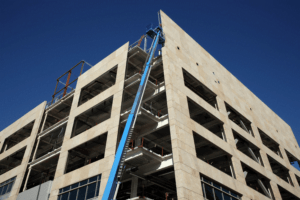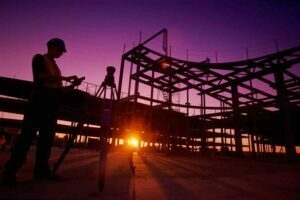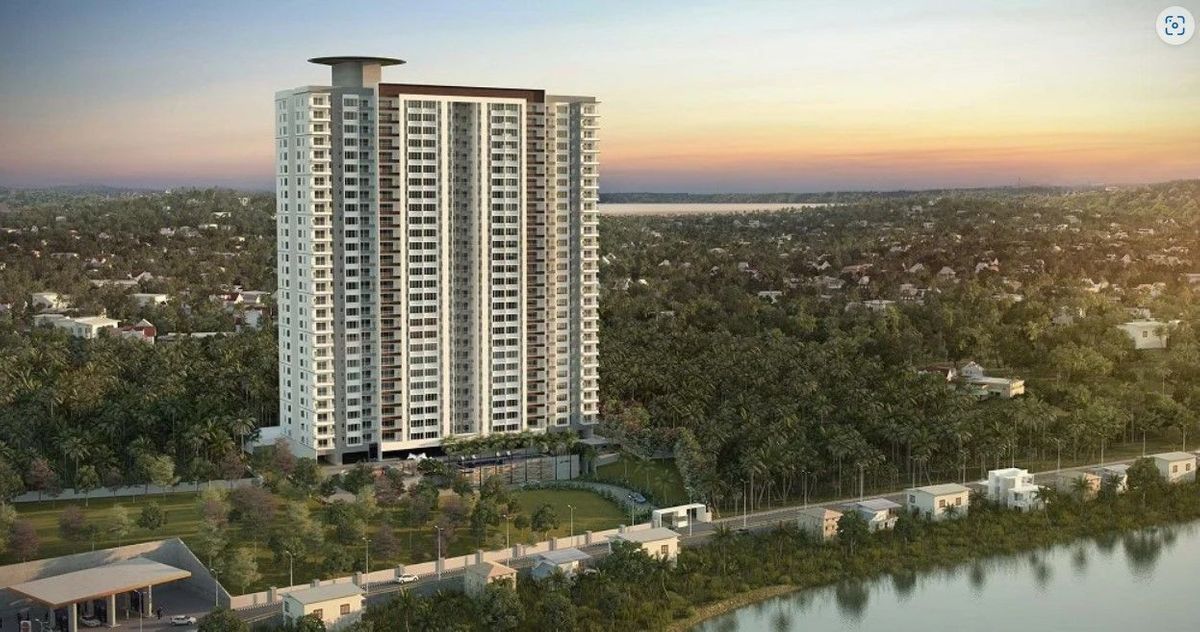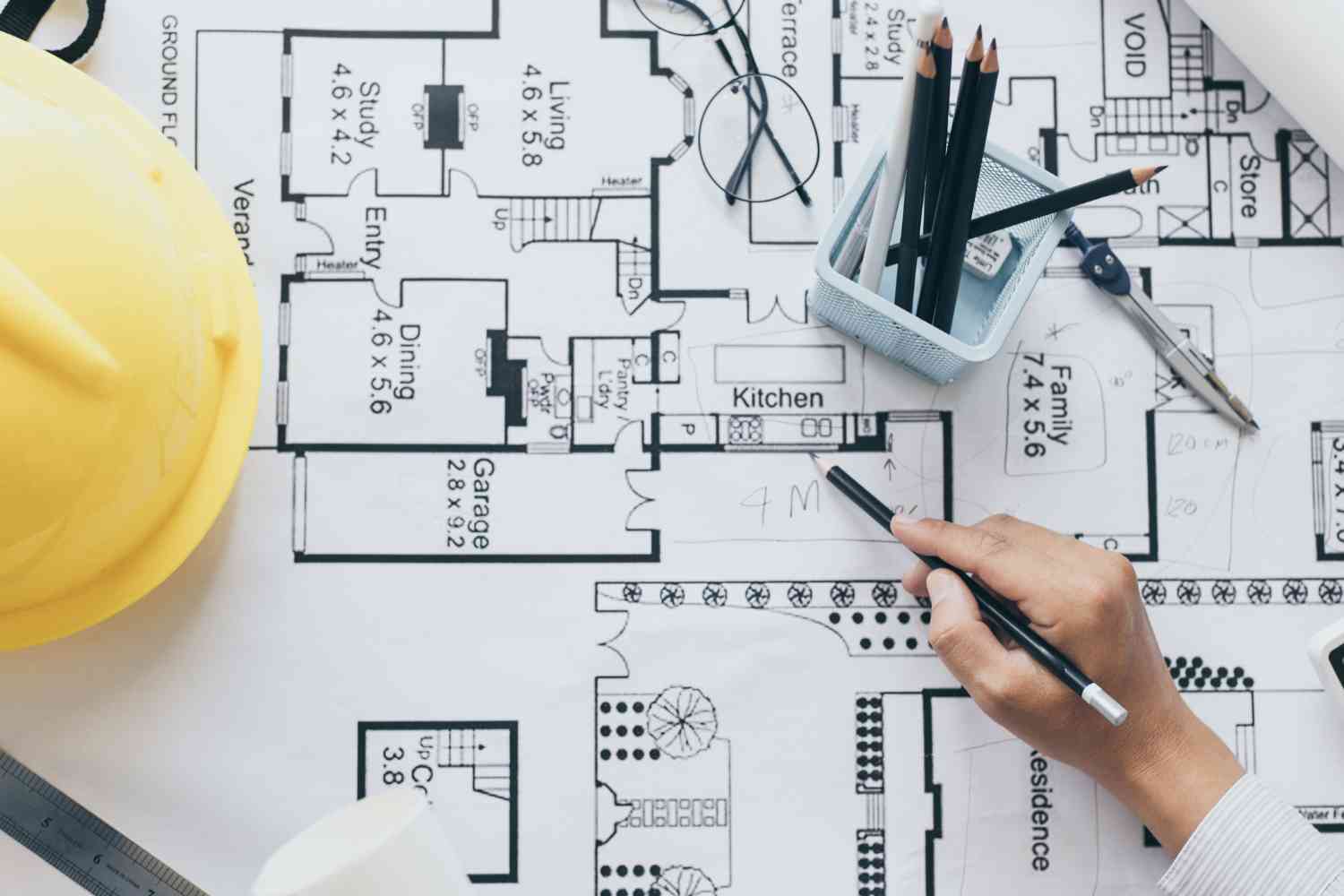Team OpulnzAbode: 21.11.2023, 6.55am: Read Time – 2mins
Introduction
The Indian real estate sector is no stranger to challenges, particularly in the wake of financial distress faced by developers. In a significant move, the government is contemplating a proposal that could change the landscape for thousands of homebuyers. This article delves into the recent report by The Economic Times, shedding light on the possibility of registering flats in completed projects, even amidst developer insolvency.
The Proposal: A Relief for Homebuyers
The government’s proposal is a beacon of hope for many homebuyers. It suggests allowing flat registration in complete projects, even if the developer faces insolvency resolution. This move could safeguard the interests of homebuyers who otherwise meet the grim prospect of their investments going to waste.
NCLT and RERA: Collaborative Efforts
To navigate the complexities of this proposal, the National Company Law Tribunal (NCLT) is expected to liaise with the Real Estate Regulatory Authority (RERA). This collaboration aims to gather insights and address potential concerns, facilitating a smoother implementation process.
The Housing Crisis in Numbers
The real estate crisis is starkly evident in the National Capital Region, particularly in Noida and Greater Noida. Reports suggest that over 100 residential projects are either stalled or have overshot their delivery deadlines, leaving thousands of homebuyers uncertain.
Legal Perspectives
While the current Insolvency and Bankruptcy Code (IBC) doesn’t explicitly bar flat transfers during the resolution process, legal experts believe an explicit provision would be a game-changer. It would not only streamline the process but also instil a sense of confidence among buyers.
Luxury Flats in Noida of Grade A++ developers
Challenges in Resolving Bankruptcy in Real Estate
A study by Grant Thornton Bharat highlights the disproportionate nature of real estate insolvencies. While real estate cases form a substantial chunk of total insolvency filings, they account for a meagre percentage of resolved cases. This discrepancy points to the unique challenges in this sector.
The Impact on Buyer Confidence
The proposal could significantly boost buyer confidence if turned into an explicit IBC provision. It would alleviate the fear and uncertainty that currently plagues thousands of homebuyers, potentially revitalizing the real estate market.
Case Study: Real-life Scenarios
To better understand the proposal’s impact, we can look at various projects in the NCR region where homebuyers have been left in limbo. Drawing from these examples, one can foresee the positive changes that might emerge post-implementation.
The Road Ahead
The road to implementing this proposal is fraught with challenges. It requires careful consideration of legal, financial, and regulatory aspects. However, the future looks promising for the real estate sector if these hurdles can be overcome.
Conclusion
The government’s consideration to allow flat registration despite developer insolvency is a commendable step towards protecting homebuyer interests. While challenges remain, the potential benefits of this move are immense, both in terms of legal clarity and buyer confidence.
FAQs
What does the government’s proposal entail for homebuyers?
- The proposal aims to allow the registration of flats in completed projects even if the developer is under insolvency resolution.
How will NCLT and RERA collaborate on this proposal?
- NCLT is expected to work with RERA to address concerns and implement the proposal.
What is the current state of the Noida and Greater Noida housing market?
- Over 100 residential projects are delayed or halted, impacting thousands of homebuyers.
How would an explicit IBC provision on flat transfer impact buyers?
- It would streamline the process and boost buyer confidence, ensuring secure investments.
What are the challenges in implementing this proposal?
- The proposal’s implementation requires navigating legal, financial, and regulatory challenges.

































































































































































































































































































